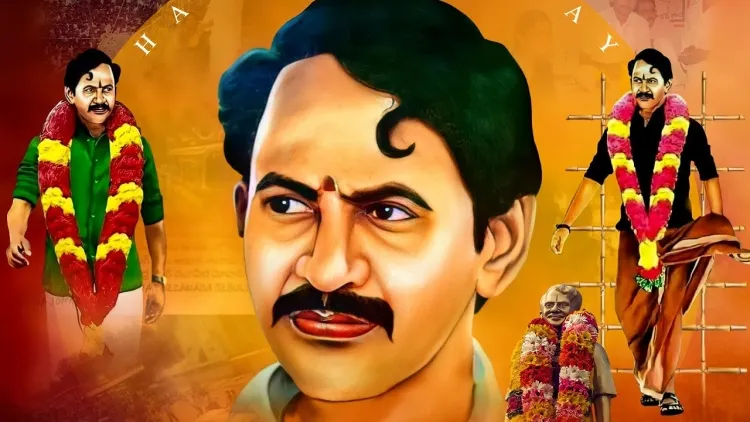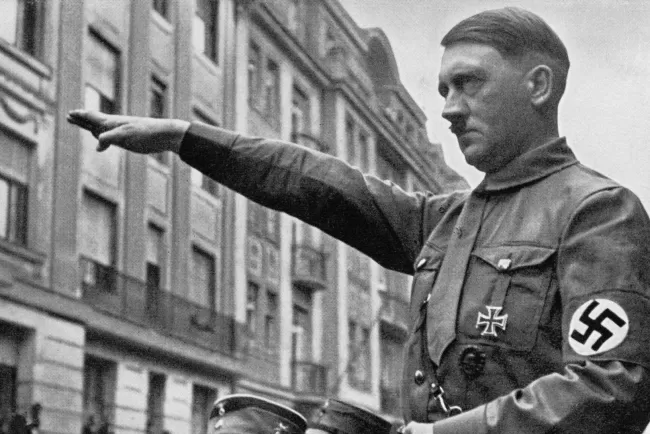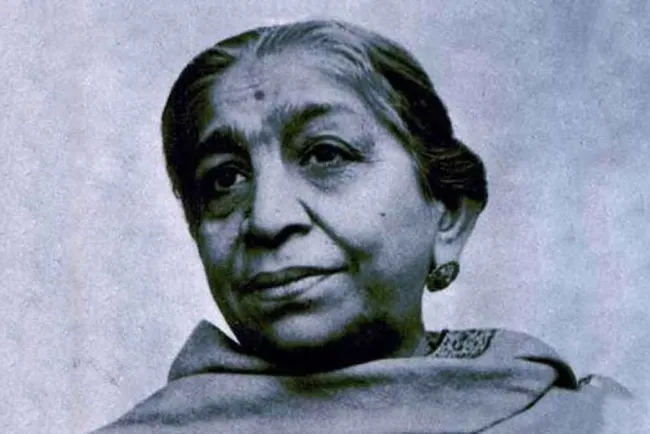Vangaveeti Mohana Ranga: A Legacy of Social Justice and Political Turmoil...!!!
Vangaveeti Mohana Ranga's life and career were marked by his dedication to social justice and his confrontational approach to politics. His assassination remains a significant event in Andhra Pradesh's history, underscoring deep-seated rivalries and its lasting impact on the state's socio-political fabric.

Vangaveeti Mohana Ranga Rao was a prominent Indian politician from Andhra Pradesh, known for his influential role in the state's politics during the 1980s. Born on July 4, 1947, in Katuru, near Vuyyuru in Krishna district, he was the youngest of five brothers. His elder brother, Vangaveeti Radhakrishna Rao, also known as Robinhood Radha, was a well-known political figure in Vijayawada.
Early Life and Entry into Politics
Ranga's political journey began after the tragic murder of his elder brother, Radhakrishna, in 1974. This event propelled him into the political arena as he sought justice for his brother and continued his legacy. Ranga's initial political activities were tied to a rivalry over dominance in the transport sector. He contested the 1981 municipal elections with the support of the Congress Party, which withdrew its candidate to back him. His victory established him as a key figure in Vijayawada politics.
Political Career and Advocacy
Ranga was known for his fiery speeches, aggressive style, and confrontational politics. He focused on social justice, advocating for land distribution to the landless and the welfare of marginalized communities. His activism against police brutality and his efforts to mobilize the Kapu community earned him widespread support. Ranga represented the Vijayawada East assembly constituency as a member of the Indian National Congress from 1985 to 1988.

Rivalries and Political Unrest
Ranga's political career was marked by intense rivalries, particularly with the Devineni family and the Telugu Desam Party (TDP). His confrontational style and his stance against police excesses made him a significant figure in Andhra Pradesh's political landscape. The rivalry between Ranga and Devineni Nehru, a TDP leader, was particularly intense. Both leaders rallied their respective communities—Kapus for Ranga and Kammas for Nehru—behind them for support.
Assassination and Aftermath
On December 26, 1988, Ranga was assassinated while on a hunger strike in Vijayawada, demanding land reforms and protesting against alleged police brutality. He was attacked by a group of assailants disguised as devotees, who hurled smoke bombs and hacked him to death. His assassination triggered widespread riots and violence across Andhra Pradesh, particularly in Vijayawada, Guntur, and the Godavari districts. The unrest resulted in 42 deaths, extensive property damage, and a curfew that lasted over 40 days. The political fallout included the resignation of the state's Home Minister and the director general of police (DGP).
Legacy and Impact
Ranga's death marked a pivotal moment in Andhra Pradesh's socio-political history. His legacy persists, with statues and memorials in his honor, reflecting his continued influence in the region. Even 34 years after his assassination, Ranga evokes significant interest and respect among the Kapu community and the people of Andhra Pradesh. His fiery speeches, aggressive style, and advocacy for the underprivileged have left a lasting impact on the state's politics and society.
Vangaveeti Mohana Ranga's life and career were marked by his dedication to social justice and his confrontational approach to politics. His assassination remains a significant event in Andhra Pradesh's history, underscoring deep-seated rivalries and its lasting impact on the state's socio-political fabric.
What's Your Reaction?

















